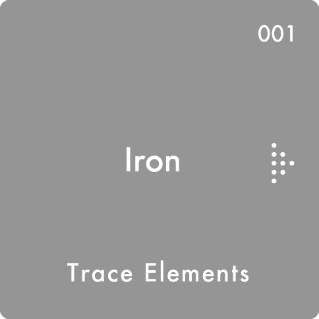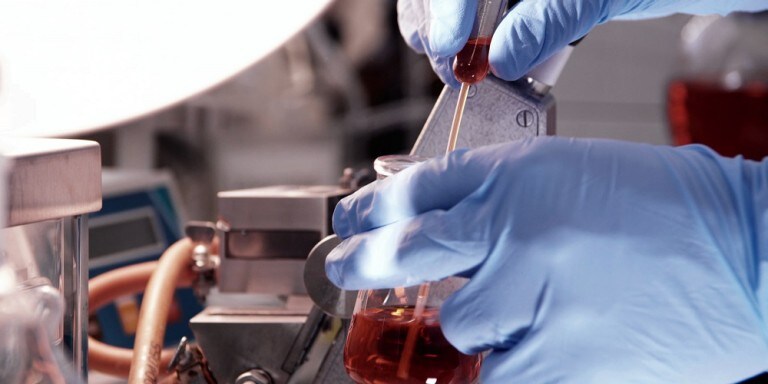
Health Functions
Calcium is involved in the formation of red blood cells and hemoglobin, oxygen transport, the immune system, and cognitive development and function. Read More

Iron (Fe) is a key element in the metabolism of almost all living organisms. In humans, iron is an essential component of hundreds of proteins and enzymes (1, 2).
Iron is often the metal ion incorporated into the 'heme complex'; an essential component of proteins, which mediate redox reactions, and of oxygen carrier proteins such as hemoglobin.

Calcium is involved in the formation of red blood cells and hemoglobin, oxygen transport, the immune system, and cognitive development and function. Read More

Several possible mechanisms associate iron deficiency anemia with poor cognitive development in children. Read More
Things to know about Iron
The most important use of iron supplements is to treat anemia caused by iron deficiency. Read More
The recommended dietary allowance (RDA) of iron is dependent on age, gender, and other factors. Read More
Surveys for populations in eight European countries have shown average iron intakes of 15 mg/day in men, and about 12 mg/day in women (23). Read More
Most of the symptoms of iron deficiency are a result of the associated anemia, and may include fatigue, rapid heart rate, and rapid breathing on exertion. Read More